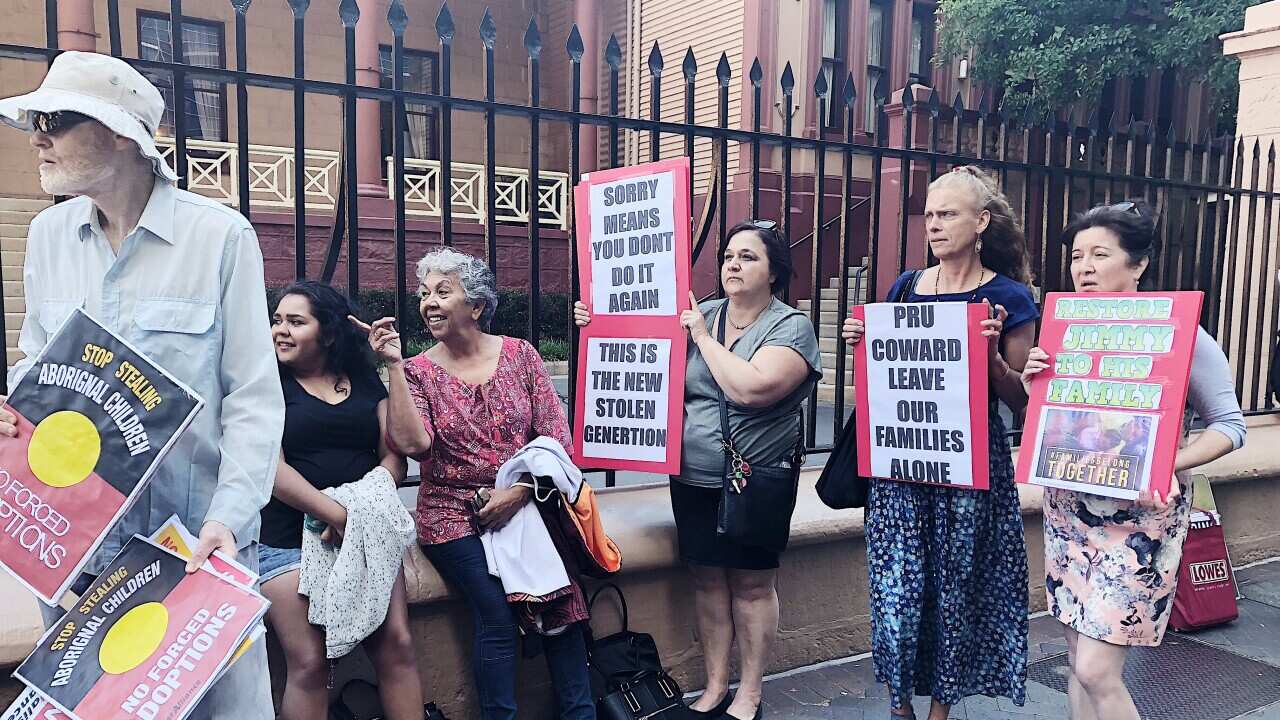More children would be able to experience stability and security if Australia took a national approach to adoption, according to a new report from a parliamentary committee.
The into local adoption has recommended the Commonwealth work with the states and territories to enact a national law for the adoption of Australian children.
Committee chair, Liberal MP Julia Banks, said the issue “needs a national solution.”
“This report is about breaking the barriers that are preventing vulnerable children from enjoying the safety, security and wellbeing that a permanent adoptive family can provide,” she said.
There are more than 47,000 children in out-of-home care, while Australia has one of the lowest adoption rates in the world. In 2016-17, there were 246 adoptions of Australian children.
Ms Banks said the differences between adoption laws in the states and territories are a major barrier to more children being adopted.
“Children are likely to ‘bounce around’ the system from carer to carer, in some cases experiencing over ten placements. We know that these children have poorer outcomes. They face constant change and instability, on top of the trauma that led them to out-of-home care in the first place,” she said.
“When it’s not safe for children to remain with their parents or family, adoption needs to be considered a viable option. Childhood is fleeting and children must not remain in situations where their safety or wellbeing is threatened.”
It has also called for "open adoption", which involves children being encouraged to stay connected with their birth parents, with the support of a caseworker and their adoptive parents.
Adopt Change chief executive, Renee Carter, said the report is another step towards prioritising permanent living arrangements for children who aren't able to stay with their birth parents.
"No child in Australia should bounce around the system," she said.
The committee also heard evidence from many people who have been negatively affected by past adoption policies and practices, including policies that led to the Stolen Generations.
Of the more than tens of thousands of children in care, around 17,000 are Aboriginal and Torres Strait Islander.
The report says the Aboriginal and Torres Strait Islander Child Placement Principle, a range of interventions to protect Indigenous children, would be upheld and supported. But there were concerns about its implementation across the jurisdictions.
The Aboriginal Child, Family and Community Care Secretariat (AbSec) of New South Wales said compliance with the principle remains poor.
AbSec, along with the Queensland Aboriginal and Torres Strait Islander Peak and SNAICC, "strongly oppose the coerced adoption of Aboriginal children by statutory child protection systems."
“They fail to uphold an Aboriginal child’s fundamental rights to family, community and culture, and the importance of these connections to our lifelong wellbeing and resilience. They are not in the best interests of the child,” AbSec's submission read.
The Aboriginal groups call for community-led solutions, including a framework that would fully implement the Aboriginal and Torres Strait Islander Child Placement Principle.
It follows the recent changes in New South Wales where parents with a child in foster care will only have two years to be reinstated as primary carers.
- with AAP




